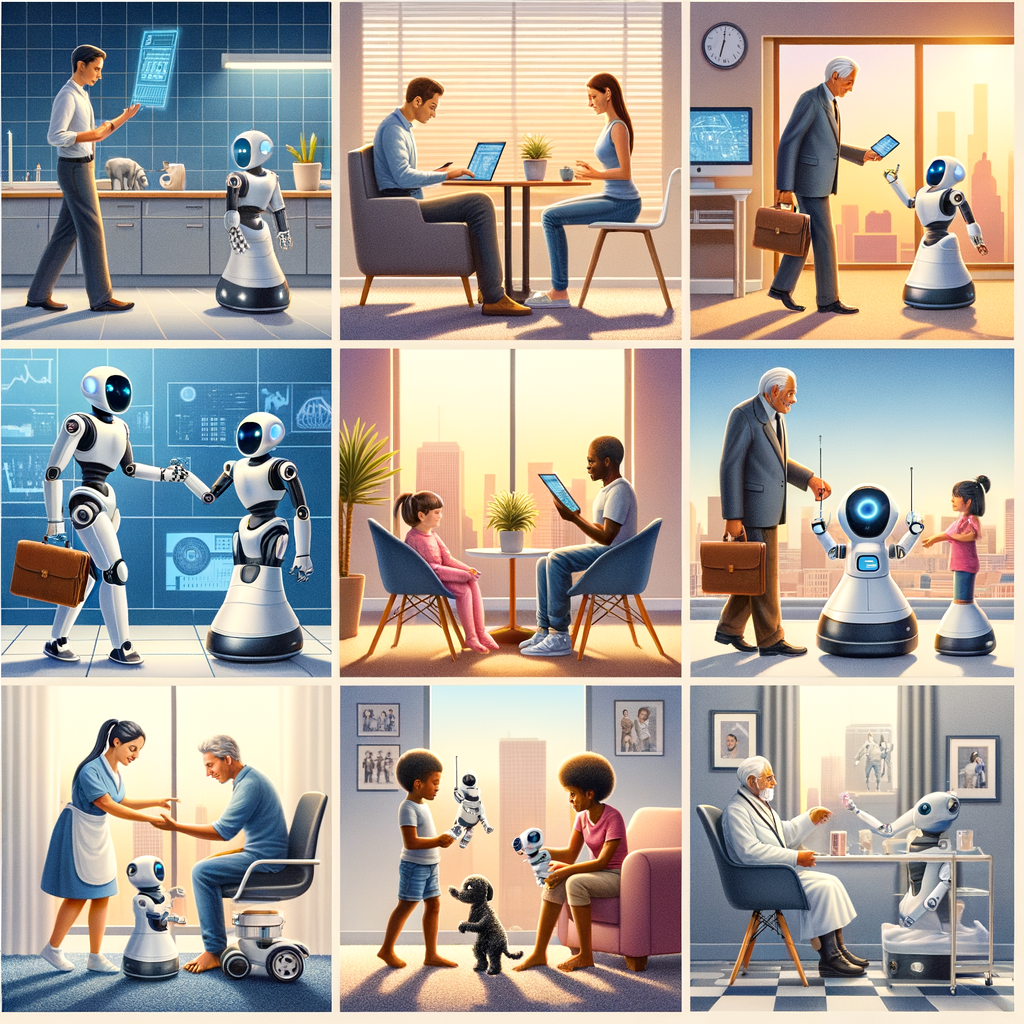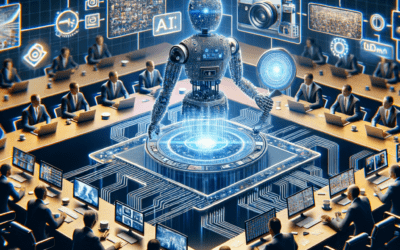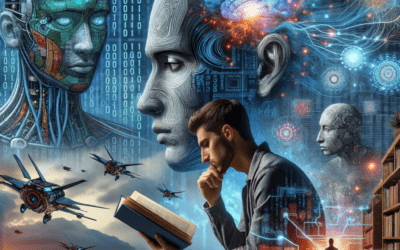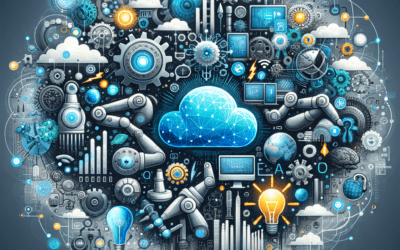Paul’s Perspective:
Understanding the evolving relationship between humans and robots is essential as it affects how we engage with technology and each other. This exploration is critical for future planning and strategic development in businesses leveraging automation and AI.
Key Points in Article:
- Analysis of human-robot interaction dynamics in various contexts.
- Evidence of robots affecting human empathy and social behavior.
- Consideration of ethical implications of integrating robots into daily life.
Strategic Actions:
- Examine the roles robots currently play in society.
- Assess how these roles impact human behavior and social norms.
- Evaluate the consequences of emotional attachments to robots.
Dive deeper > Full Story:
The Bottom Line:
- The article explores the nuanced ways robots are becoming part of our social fabric.
- It delves into the psychological and emotional impact they have on human relationships.
Ready to Explore More?
Our team understands the complexity of integrating automation into your business. Let’s collaborate and navigate the nuances of human-robot interactions for a seamless transition.





